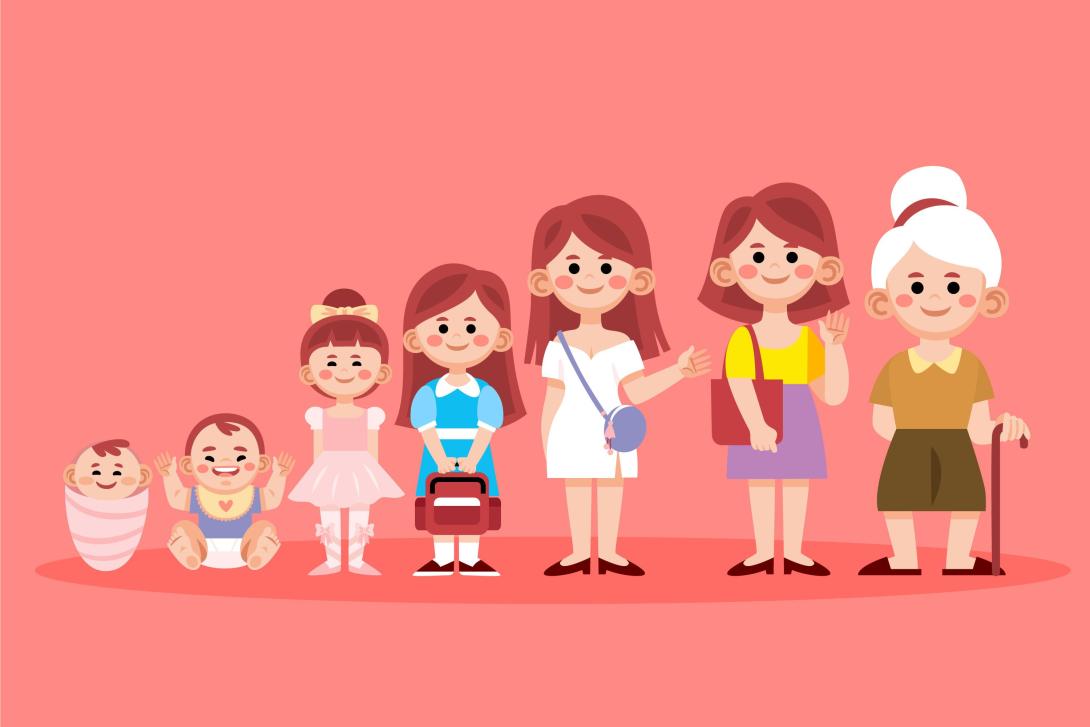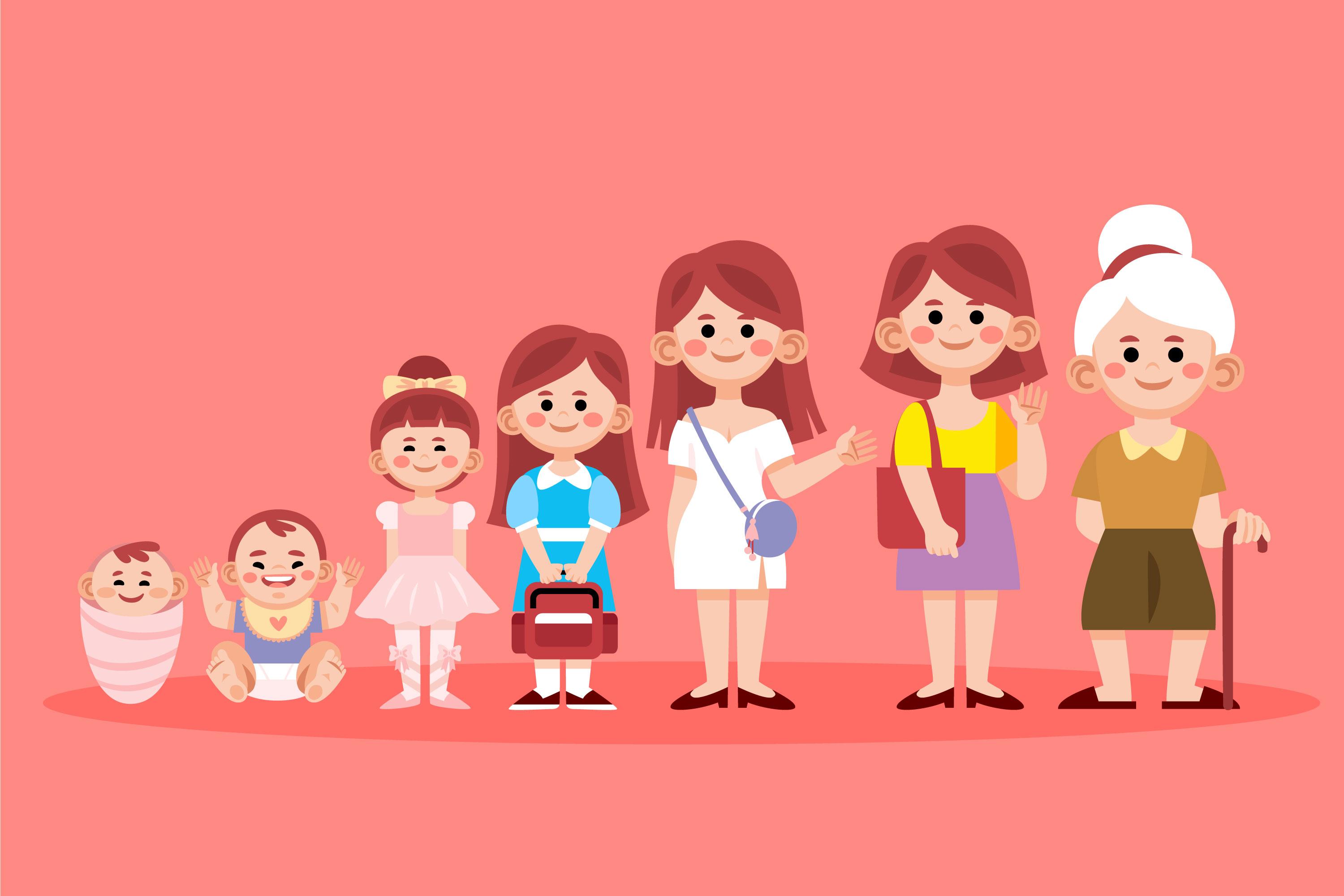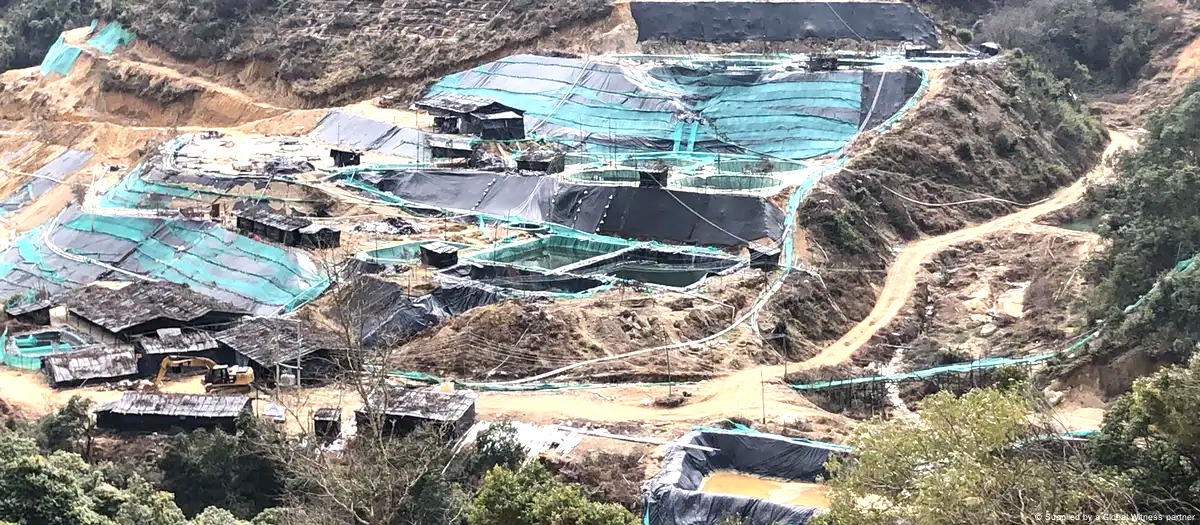Ageing – an unavoidable experience for all living beings
Posted_Date
Image

Body
In human life, age has always been a noticeable aspect from the very beginning. From the moment a person is born, the process of ageing day by day is a natural phenomenon that every human inevitably experiences. Growing up, maturing, and ageing are generally interconnected processes that continue along the same path. Just like a heavenly clock ticking within the human body, age never comes to a stop. Since there is no way to halt the passage of time or prevent ageing, the natural process known as “growing old” becomes an unavoidable reality for everyone.
Generally, even an inanimate object like a building, once constructed to standard, gradually becomes stronger and more solid over the first forty years or so after completion. However, after that period, over the next forty years or so, it tends to gradually lose its strength and begin to deteriorate and show signs of wear and damage.
Therefore, in both the animate and inanimate worlds, the process of gradual decay after coming into existence is an inevitable Universal law. The Lord Buddha taught that Uppāda (arising), Ṭhiti (existence), and Bhaṅga (dissolution) are the Universal truths that apply to all things – living or non-living – in this world. Everything that arises must exist for a time and eventually decay. This is an unchanging and eternal law of nature.
Starting from birth
When a person is born, their genetic inheritance and environmental conditions can influence many aspects of their development, including their growth, health, lifespan, and various personal characteristics. The beginning of life after birth marks the entry into early childhood, during which numerous changes occur in the human body in tandem with age. For example, brain development, the growth of bones and joints, and the activation of the hormonal system all take place during this period.
As the processes of a living being have already begun, the development of the body takes place during a period of strength and vitality. However, even during childhood, a time when the rate of cell growth and development is at its peak, if closely observed, one can see that cell death and degeneration are also occurring simultaneously. It is simply because the rate of cell generation is so high during this period that the damage or loss is not visibly apparent.
Therefore, it can be understood that even in early childhood, when growth and youthful development are actively taking place, the process of ageing and decline has already begun. Generally, during this stage, while the body is still embracing growth and vitality, it is also beginning to accept the gradual onset of ageing and deterioration.
From the Age of Childhood to Adolescence
Childhood and adolescence are the periods during which physical and mental development occurs most rapidly. Learning, social interaction, and personal imagination become increasingly strong and well-formed. During this time, many opportunities and possibilities open up for an individual. Parents and guardians play a key role in nurturing and guiding both the physical and emotional growth of the child. With the provision of nutritious and well-balanced food, children gradually grow and develop during these early stages of life.
However, this stage of life also marks the initial signs of ageing. For example, after reaching the peak of one’s abilities, declines may begin to appear in areas such as visual clarity, cognitive sharpness, and sensory functions. Since the body has begun to operate its functional systems, energy and vitality are actively being produced, but at the same time, waste and by-products are also being generated. These discarded elements are removed by the body either because they are no longer needed, no longer useful, or have deteriorated due to ageing.
Young Adulthood and Working Life
For an individual, the most important period in terms of career and livelihood is adulthood. This stage marks the time when one begins to gain the capacity to work for own survival. It is the age when people must start earning an income to support their basic needs, such as food, clothing, and shelter. It is also essential for maintaining a respectable and capable standing within society. Furthermore, according to the natural order, in order to keep the body which is functioning in balance and to remain actively engaged in life’s struggles, it becomes necessary for any healthy person to begin working during this stage of life.
In a sense, this stage of life represents the period during which a person’s identity, success, and way of living become clearly defined. It is the age at which one feels the need or the desire to show off their abilities and prove themselves equal to others in their communities. It is also the time to begin striving with full effort, using every ounce of strength and capability. As a result, both physical and mental aspects tend to improve and develop during this period.
However, the early signs of ageing do not disappear during this stage – they persist quietly. Although it may seem like one is growing and progressing strongly, internal physical decline is already occurring day by day. The deterioration goes largely unnoticed simply because the development is so dominant and visible. Nonetheless, a gradual decrease in actual physical capacity and mental activity – often caused by stress – Indicates that the time has come to begin preparing for eventual rest, both physically and mentally.
Ageing and Growing Old
According to certain definitions, ageing is considered to begin at around the age of 60, when a person is typically regarded as elderly. However, ageing does not depend solely on reaching that age – it is also significantly influenced by one’s physical strength, brain function, and emotional state. Since every individual has a different physical constitution, their resilience when facing life’s challenges also varies. Some people may visibly experience signs of ageing at an earlier stage. Those who have had to work intensively in search of a livelihood may encounter physical deterioration and loss of vitality sooner than others.
While medical intervention may temporarily slow down the ageing process, in general, factors such as the environment, climate, diet, lifestyle, and mental discipline all contribute to the inevitability of ageing. At this stage of life, people begin to clearly and inevitably experience the effects of growing old.
By human nature, the cells within the body gradually begin to slow down in their functioning. Signs such as weakened bones, reduced blood circulation, and declining cognitive ability are clear indicators of ageing. Whether due to personal choices, environmental factors, or external causes, people of any age can experience illnesses. However, during periods of rapid bodily development, the effects of ageing may not be noticeable. But once a certain age is reached, the signs of physical decline become increasingly evident and inescapable.
Ageing is said to occur when the body can no longer regenerate or replenish its lost physical components in time. Generally, in tropical regions of the world, noticeable signs of ageing begin to appear in individuals after the age of forty.
Ageing is not simply an ordinary health issue, but rather a natural progression that occurs as part of life. As previously explained, anything – living or non-living – that comes into existence begins to deteriorate and decay from the moment it exists. Ageing reflects this universal truth. Moreover, factors such as one’s natural environment, genetic inheritance, environmental exposures, diet, and lifestyle choices all play significant roles in either accelerating or slowing down the ageing process.
Ageing and Mental Health
Ageing affects not only the body but also the mind. As a person grows older, they may begin to feel that their self-worth is declining. Feelings of reduced affection or attention from family members can lead to emotional stress and a sense of loneliness. Therefore, maintaining social connections and having access to mental health support become increasingly important during this stage of life.
Facing Ageing in the Best Way Possible
Although ageing cannot be prevented, it can be managed. A balanced diet, healthy recreational habits, regular physical exercise, a peaceful mindset, and strong social connections can all help ease the experience of ageing in human life. Today, advancements in medical science also support healthier and longer lifespans.
Moreover, engaging in one’s religious or spiritual practices can help individuals reflect on and accept ageing as a natural process, even if it doesn’t stop it. Growing old should not be a cause for discouragement; rather, experiencing ageing offers the chance to prepare for the later stages of life before death. It also provides the opportunity to share personal experiences and wisdom with younger generations.
Living with Dignity alongside Longevity
Ageing is not the end of life. It is a combination of wisdom, experience, understanding, and love accumulated throughout a person’s life. In today’s world, the concept of “Active Ageing” helps people of all races and backgrounds to continue participating actively in society as they grow older. For example, many individuals who have retired from their jobs continue to work as doctors, teachers, or advisors, not because of their age, but because of their skills and abilities.
Although ageing is an unstoppable natural process, one can still live their life with closeness and pride during this time. The most important thing is that it is not necessary to constantly worry about ageing. Instead, one should understand that the passage of time and growing older are an essential part of life as a whole. Just as time cannot be stopped, neither can ageing.
GNLM






